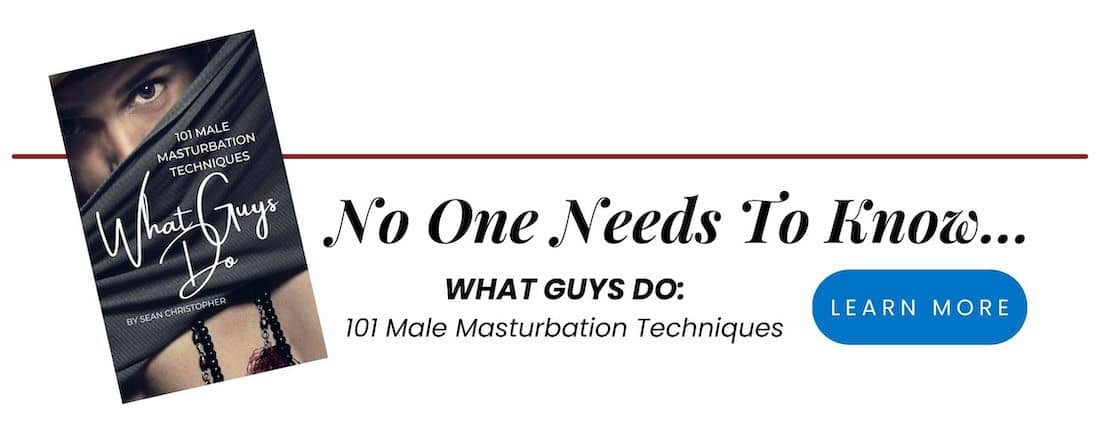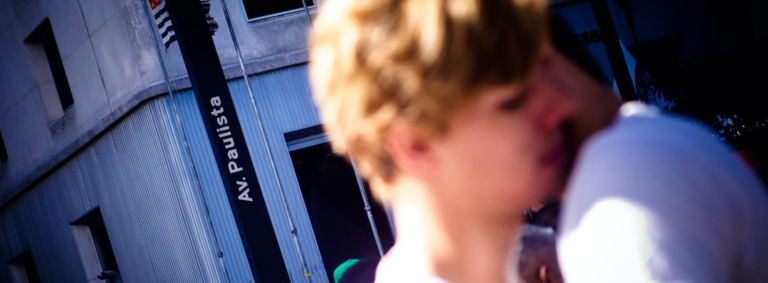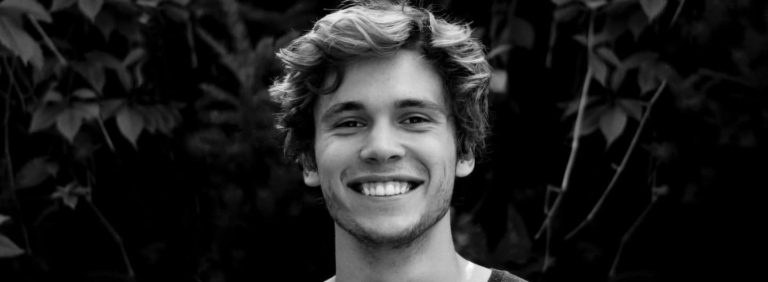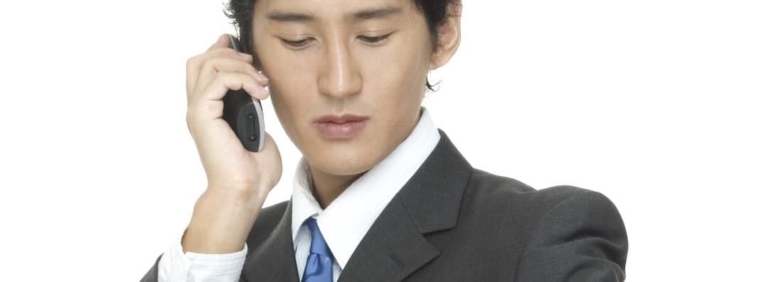Who’s Teaching Sex, Now?
How sex remains a mystery among all these voices — well, it still remains a mystery. I think we need to do a better job of choosing those who teach us sex. Not about sex — those who teach us sex.
Sean Christopher
How sex remains a mystery among all these voices — well, it still remains a mystery. I think we need to do a better job of choosing those who teach us sex. Not about sex — those who teach us sex.
It hit me hard when I read this piece yesterday in the New York Times about the effects of prostate surgery. It’s our friend from FrankTalk.org, Paul Nelson, who is named in the article. His surgeon tells him that 98% of guys having the surgery come out “just fine”. It couldn’t be further from the truth. The fact is that fewer than half of surgery patients can enjoy the pleasure of a normal erection and sex after two years. Yet for some reason millions of guys allow such flippant assurances to affect our sex so that the medical system can just get on with it.
And we think they know better than we do. If you had a concern about your sexual well-being or sexual growth, who would you trust? A doctor, a member of the clergy? Seems logical, doesn’t it? Think again. Dr. Marty Klein writes that fewer than a third of US medical students are even required to take a course in sexuality and two-thirds of US seminaries don’t even offer a course in sexuality.
Are these the folk we’re looking to for information and insight into the intimate places of our lives and to help us make decisions regarding our very identity? I’m not saying we should shut the medical or religious communities out altogether. No, not at all. It would be good if more of us engaged clergy and physicians in conversations about sexual pleasure and sexual relationships rather than moralistic rhetoric or medical fear. Wouldn’t that be interesting?
New York City schools recently mandated sex education classes for middle school and high school students. They’ll teach them how to put on condoms and when it’s a good idea to have sex and when … well, when not. Seems to me that condom boxes show you how to slip one on. You can’t ask someone from the city council, a school board member, or a legislator to impact the complexities of sexuality. You need trust, community, and conversation for that.

I like the idea of talking about sex and talking about it with young folk and kids. More discussion is better. The Catholic Church is having a fit about it, though, saying it’s the family’s job to talk about sex and that Italians know what they’re doing because they don’t have as many teen pregnancies. Yes, Italians are known for family openness — something we painfully lack in the US. Perhaps rather than ignore one kind of conversation in favor of something that just isn’t currently working in America (that would be family openness), let’s encourage more conversation. Maybe families in America like those in Italy will catch on. Maybe they’ll talk sex rather than trust another to simply dole out the information that’s already on the back of a box.
It’s not wise to depend on only the Department of Education to educate us on sex, or the doc, or the good Padre. Young people are actually finding their way into sexuality education. They’re finding traditional settings to be narrow and simple. Though generations have kept the lid on sexuality, young people know better. Sex is complicated and they’re looking to more diverse forums to learn about sexuality, pleasure, and relationship. They’re demanding conversation in colleges, art venues, and online forums, and yes, from pornography.
Sex is irrepressible. It makes students of each of us so we might as well love it and become lifelong students of sex in our own communities. Let’s choose new words for our sexual experiences, and express our pleasure in new ways that each of us can relate with. Let’s join one another in conversation and learn sex together with those whom we trust, love, and live among.
Photo by Yanni Raftakis | Dreamstime.com
Photo by Kirill Zdorov | Dreamstime.com









